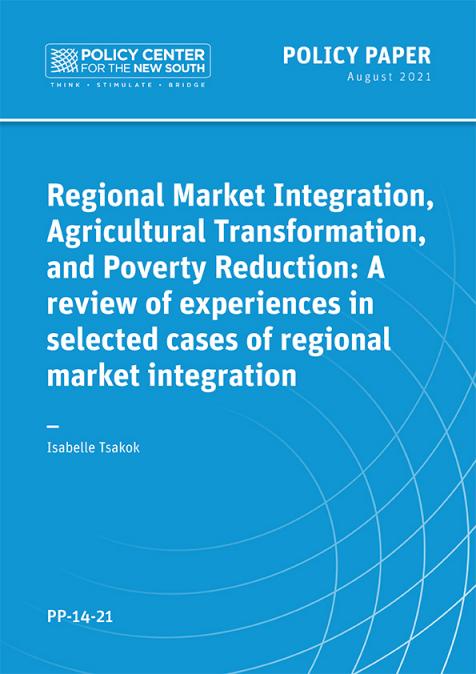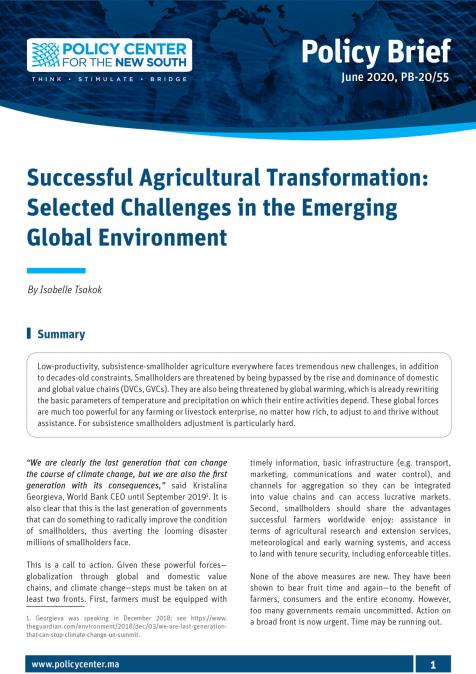Publications /
Policy Paper
The transformative potential of regional market integration for a large trading bloc is well exemplified by the European Union which started integration on a modest scale. The Association of Southeast Asian Nations (ASEAN) also started on a modest scale and has delivered benefits in terms of promoting growth through greater regional market integration, both within ASEAN and in Asia more generally. ASEAN however runs on different principles to the EU (though there are some similarities). MERCOSUR is different to both the EU and ASEAN. It also delivered benefits to its members in the 1990s in terms of increased intra-regional market integration and overall economic growth, but has stalled since the 2000s.
This diversity of more-versus-less successful experiences of regional market integration provide fertile ground for policy options that the African Continental Free Trade Area (AfCFTA) could consider and either embrace or be wary of. These experiences identify some key decisions which can have a determining impact on whether or not the AfCFTA will have a transformative impact, thus turning vision into action. These are:
(1) Should supra-national institutions be created to support the implementation of the One-Africa market, and if so, how should they designed, manned and empowered?
(2) How should injections of foreign funds, through aid and/or trade, be channeled to build a framework of public goods and services that can promote private business—farm and non-farm—to raise productivity and develop regional/global value chains?
(3) Should weaker countries in the region—economically weaker because they have higher rates of poverty and indebtedness—be assisted by investment funds generated by better-off countries, and if so, how?
(4) What monitoring institutions should be built to increase awareness, responsiveness, and resilience to Africa-wide problems threatening the effective implementation of the AfCFTA so reforms can be timely?








